‘A new road map for ties’: Iran, Russia set to update 2001 cooperation deal
Ahead of an upcoming visit to Russia by the Iranian president, Foreign Minister Hossein Amir-Abdollahian says that the new administration in Tehran follows a “new road map” to deepen ties with Moscow, and that Iran and Russia are determined to update a 20-year cooperation treaty they had signed in 2001.
Amir-Abdollahian noted that the administration of Iranian President Ebrahim Raeisi “has a new road map based on a balanced, active, dynamic and smart foreign policy, which lays an emphasis on cooperating with all neighbors, especially the Russian Federation, and advancing economic diplomacy.
The Raeisi administration “is determined to further expand cooperation with this country in a bilateral or multilateral format,” he said in an article for the Sputnik news agency’s Persian language, published on Tuesday.
“In bilateral relations, the two countries are determined to update the Treaty on the Basis of Mutual Relations and Principles of Cooperation between Iran and Russia in harmony with global developments,” Amir-Abdollahian said.
The agreement, signed in March 2001, was originally meant to last four 10 years, but it has twice been extended for five years.
Relying on their rich civilizations, both Iran and Russia are seeking to create a bright future in mutual relations and play an active role in regional and international developments on the path to peace and stability, he added.
The top Iranian diplomat said Iran viewed Russia as a powerful neighbor and friend on the basis of “cooperation, respect and mutual interests” and was willing to set the stage for a “meaningful leap” forward in various fields of cooperation and exchanges of high-ranking delegations, despite the restrictions caused by the coronavirus pandemic.
He noted that consultations between the two countries covered a wide range of bilateral issues, including in the fields of politics, economy, culture, science, technology, defense and security, parliamentary ties and media, regional developments, including the Middle East, South Caucasus and Central Asia, besides international topics such as the sanctions removal talks in Vienna.
At the invitation of Russian President Vladimir Putin, Raeisi will travel to Moscow on Wednesday with the aim of expanding economic, political, and cultural interactions between the two countries.
He will meet with his Russian counterpart and address the plenary session of the Duma, the lower house of the Russian parliament.
Additionally, Raeisi is scheduled to hold a meeting with Iranians living in Russia and Russian economic activists during his two-day trip.
Elsewhere in his article, Amir-Abdollahian praised growing Iran-Russia relations in different fields.
At the regional level and in light of cooperation between the top authorities of the two states, bilateral cooperation on common interests, which are currently “stronger than ever,” have “surpassed the boundaries of bilateral ties” and developed into joint efforts to promote regional and international security, he said.
As two regional powers, Iran and Russia play a unique role in resolving regional conflicts and fighting terrorism, the Iranian foreign added.
“The two countries have a common view that the Middle East region is facing numerous problems, including war, instability and insecurity, due to foreign intervention and the dominance of security-oriented thinking,” he said, adding that bilateral consultations are underway to settle regional issues and reinforce stability in Afghanistan, Syria, Yemen and Libya.
Pointing to Tehran-Moscow cooperation on international issues, Amir-Abdollahian said that there was a strong correlation between the two sides on “the United States’ anti-human and unilateral sanctions,” the “Western interference in other countries’ affairs,” “prevention of third parties from playing a role in their relations,” and the urgency of “respecting international law.”
Iran believes that the strategy of unilateralism has failed and the era of unlawful behavior, ignorance of internationally-recognized principles and destruction of multilateralism, which is a great threat to international peace and security, is over, he said.
Referring to the ongoing sanctions removal talks between Iran and the remaining parties to the landmark 2015 agreement, officially known as the Joint Comprehensive Plan of Action (JCPOA), in the Austrian capital of Vienna, the minister said Tehran entered the negotiations with a “realistic and result-oriented approach and with the purpose of achieving a good agreement.”
Russia has played an “effective and constructive” role both in achieving the nuclear deal in 2015 and during the ongoing talks with the P4+1 group of countries and has taken “positive steps” to help render the US sanctions against ineffectual, he added.
Reiterating Iran’s goodwill and firm determination in the new round of talks with the P4+1 countries, Amir-Abdollahian said, “The success of these negotiations depends on the effective and verifiable removal of sanctions and the return of the parties to their commitments [under the JCPOA].”
“The main goal of the forthcoming negotiations should be a full and effective implementation of the 2015 agreement and the normalization of trade relations and stable economic cooperation with the Islamic Republic of Iran,” he said.
‘Raeisi’s visit to focus on promotion of economic, trade ties’
Ali Bahadori Jahromi, the Iranian administration’s spokesman, said in a Tuesday post on his Twitter account that increasing Iran’s exports to Russia and strengthening trade and economic ties are the focal points of discussions between the Iranian and Russian presidents in Moscow.
He added that a meeting with economic actors would be among other plans of Raeisi's visit.
Iran's Armed Forces warn EU of ‘consequences’ of IRGC designation
Iran FM: EU’s blacklisting of IRGC a ‘major strategic mistake’
EU blacklists IRGC in legally flawed move irrespective of consequences
VIDEO | Press TV's news headlines
VIDEO | Afghanistan opens first specialized cancer hospital
Trump officials held secret talks with Canadian separatist group: Report
VIDEO | Pakistan’s legal community condemns UNHRC anti-Iran resolution
Resistance groups announce volunteer recruitment to defend Iran


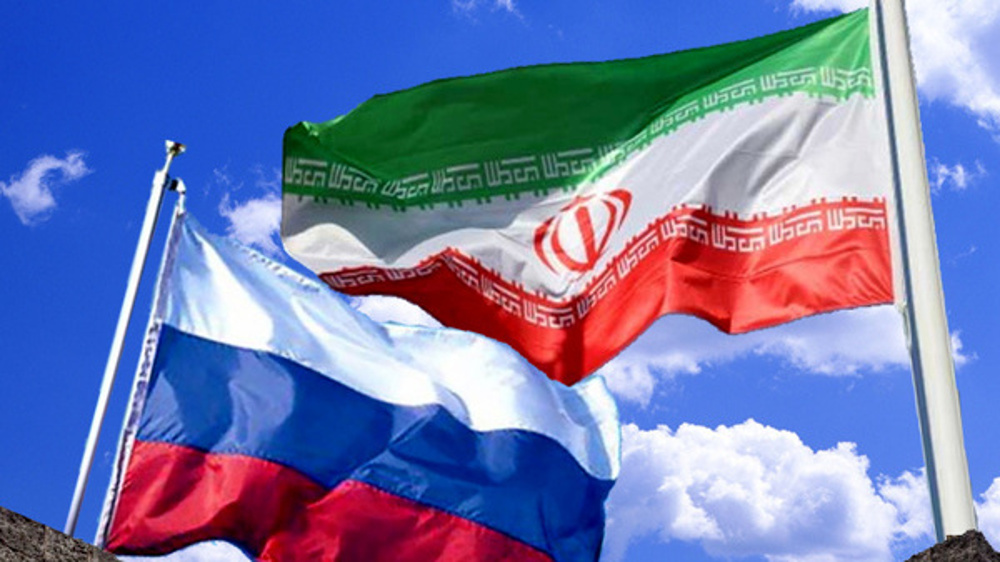
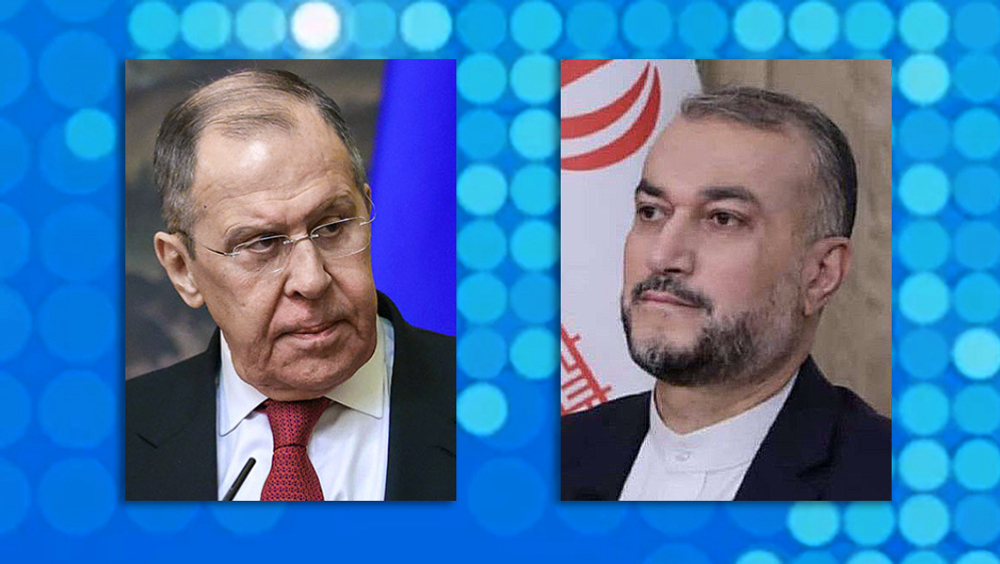
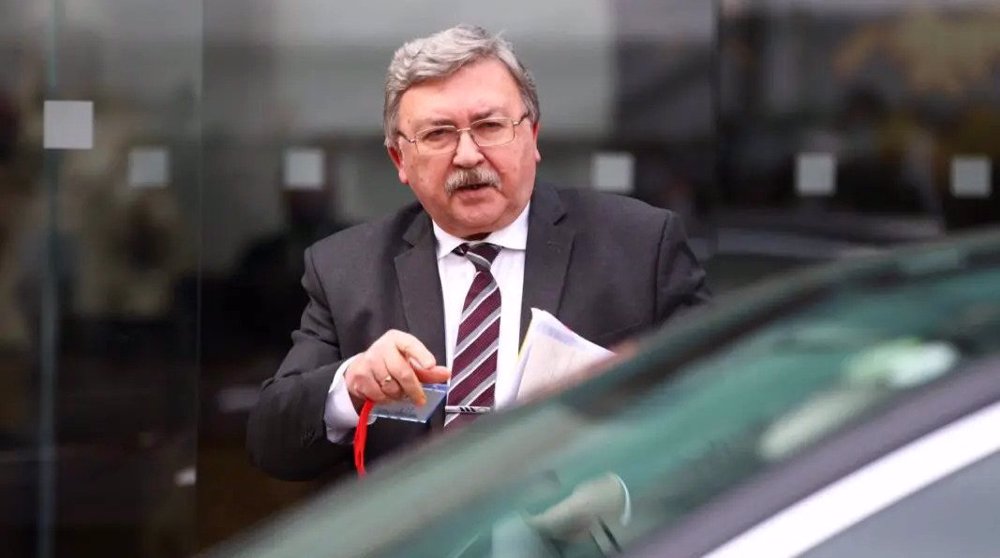
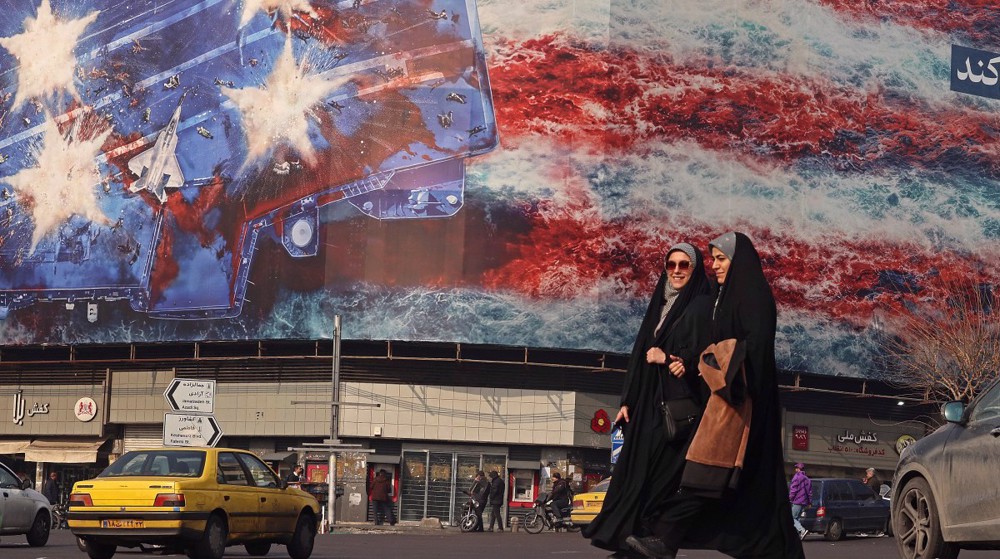
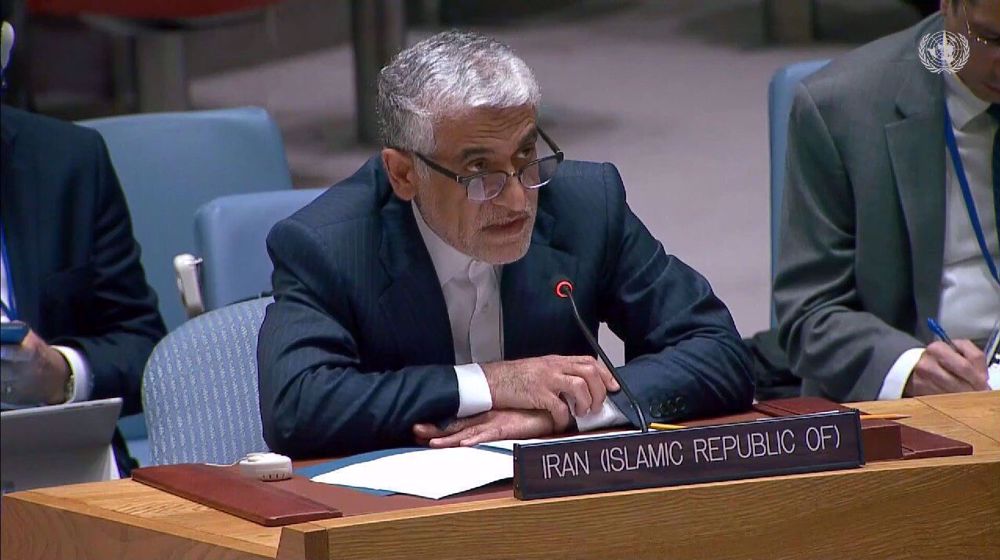
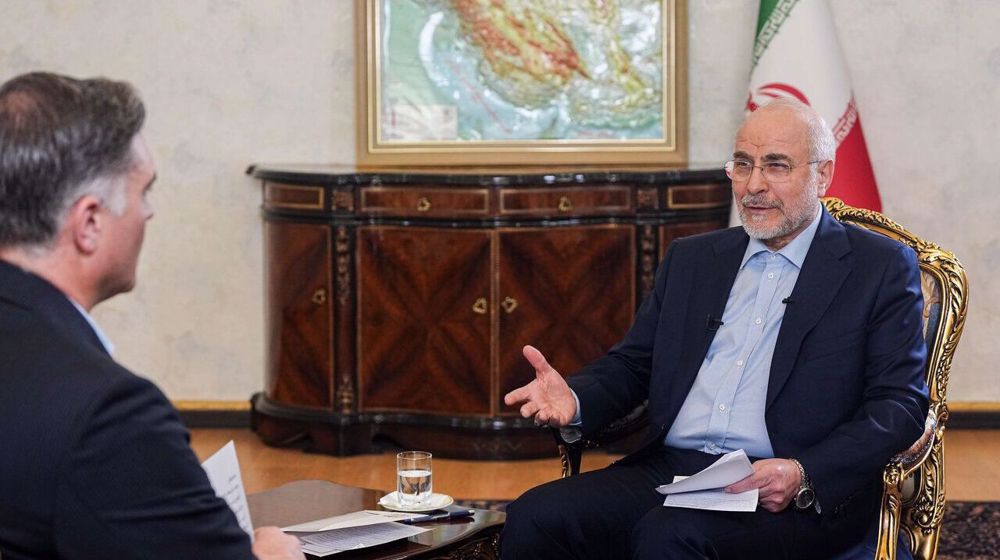




 This makes it easy to access the Press TV website
This makes it easy to access the Press TV website